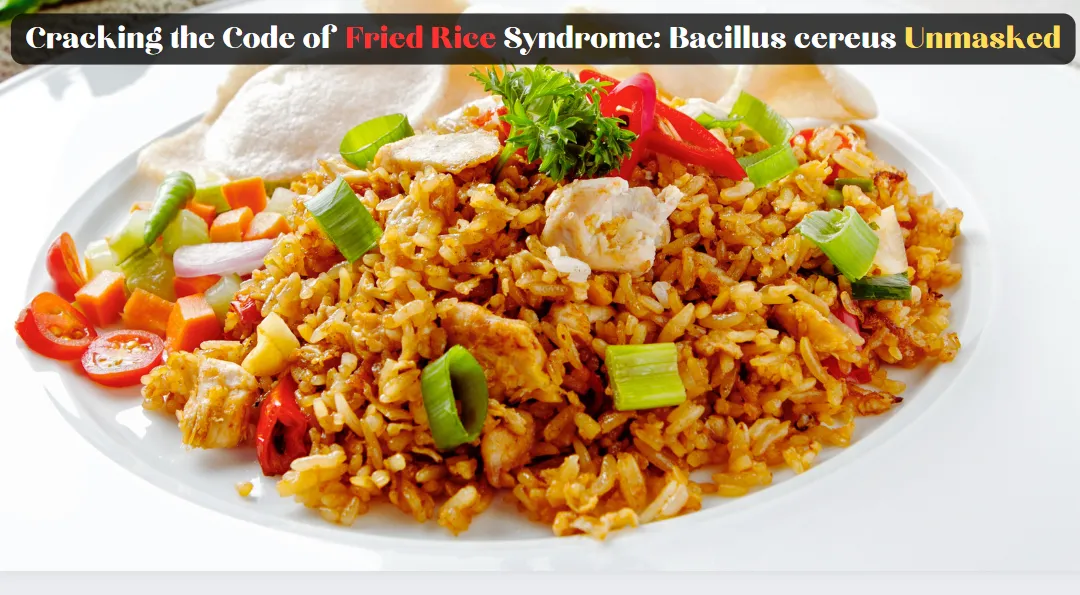
Stay Away From These 10 Foods to Avoid High Blood Pressure
Maintaining optimal blood pressure is a pivotal aspect of overall well-being, and dietary choices play a paramount role in achieving this goal. In this comprehensive guide, we delve into the intricacies of managing blood pressure by steering clear of specific foods that can potentially elevate it. If you’re keen on fostering a heart-healthy lifestyle, consider these insights to make informed decisions about your diet.
1. Fast Food and Fried Foods
Fast Track to High Blood Pressure
Fast food and deep-fried delicacies, though tempting, can wreak havoc on your blood pressure. Laden with unhealthy fats, excessive sodium, and calorie bombs, these culinary delights lack essential nutrients vital for heart health. Steering away from them not only aids in blood pressure management but also ensures a well-rounded, nutrient-rich diet that supports cardiovascular well-being.
2. High-Fat Dairy Products
Dairy Dilemmas: Opting for the Right Choices
Bid farewell to full-fat dairy products like whole milk, cheese, and butter if you’re committed to maintaining optimal blood pressure levels. Saturated fats in these products have been linked to elevated blood pressure. Opt instead for low-fat or skim dairy alternatives, a crucial move for those sensitive to lactose, which can contribute to digestive discomfort and other health issues.
3. Red Meat
Saying No to Saturated Fats
Beef, pork, and lamb are notorious for their saturated fat content, a factor linked to increased low-density lipoprotein (LDL) cholesterol and heart disease, including hypertension. Additionally, processed meats like sausages and deli options are often sodium-laden, promoting fluid retention and elevating blood pressure. Consider leaner protein sources and unprocessed alternatives for a heart-smart approach.
4. Salted Snacks
Crunching on Healthier Alternatives
Swap out salt-laden snacks for healthier options to safeguard your blood pressure. Opt for salt-free or low-sodium alternatives to nuts, jerky, or crackers. Transform your snack time by air-popping plain popcorn and adding your preferred salt-free seasonings. Steer clear of pickled foods as they often harbor excessive salt due to the pickling process, contributing to higher blood pressure levels.
5. Caffeine
Caffeine Conundrum: A Balancing Act
While caffeine is a daily ritual for many, it’s essential to exercise caution, especially if you’re managing hypertension. Coffee, tea, energy drinks, and sodas all contain caffeine, known to temporarily elevate heart rate. Individuals with high blood pressure should consider limiting caffeine intake, with alternatives like decaf or half-caff beverages. Exploring caffeine-free tea options can also be a prudent choice.
6. Sugar
Unsweetening the Deal
Processed snacks, baked goods, and sugary drinks contribute not only to excess sugar intake but also to heightened sodium levels. The ripple effect leads to water retention and increased blood volume, impacting blood pressure. Lowering sugar consumption can result in reduced sodium intake, fostering better blood pressure control and overall heart health.
7. Instant Noodles
Reconsidering Convenience for Health
Instant noodles, while convenient, may not align with a heart-healthy lifestyle. Despite being low in calories, they often harbor high levels of fat, carbs, and sodium. A wiser alternative involves swapping regular noodles for whole-grain options and enhancing nutritional content with fresh vegetables and lean protein, promoting a well-rounded and heart-conscious meal.
8. Alcohol
Cheers in Moderation
Excessive alcohol consumption poses a risk of elevated blood pressure. Beyond the immediate impact, alcohol’s diuretic effect can lead to dehydration, subsequently increasing blood pressure. Moderation is key, with recommended limits set at no more than three drinks at once. Hydration remains essential to counteract alcohol-induced dehydration and support optimal blood pressure levels.
9. Soda
The Fizz That’s a Fizzle for Health
Sodas, often likened to liquid candy, contribute significantly to refined sugar intake with minimal nutritional value. The associated weight gain, common with sugary drink consumption, elevates the risk of high blood pressure. Adhering to the American Heart Association’s guidelines on daily added sugar intake can be pivotal in maintaining a heart-healthy lifestyle.
10. Canned Foods–Veggies and Beans
Canning the Sodium
Opting for fresh vegetables and fiber-rich beans is a strategic dietary choice for heart health. When canned options are the only recourse, prioritize low-sodium or no-salt-added varieties. Draining and rinsing canned foods can further reduce sodium content, ensuring your heart receives the nourishment it deserves.
In conclusion, making informed dietary choices is pivotal for maintaining optimal blood pressure. By steering clear of these 10 culprits, you pave the way for a heart-healthy lifestyle. Prioritize nutrient-rich alternatives, and your heart will thank you in the long run.






I simply could not leave your website without saying how much I appreciated the quality information you provide to your users. I will definitely be returning often to see what new updates you have made.